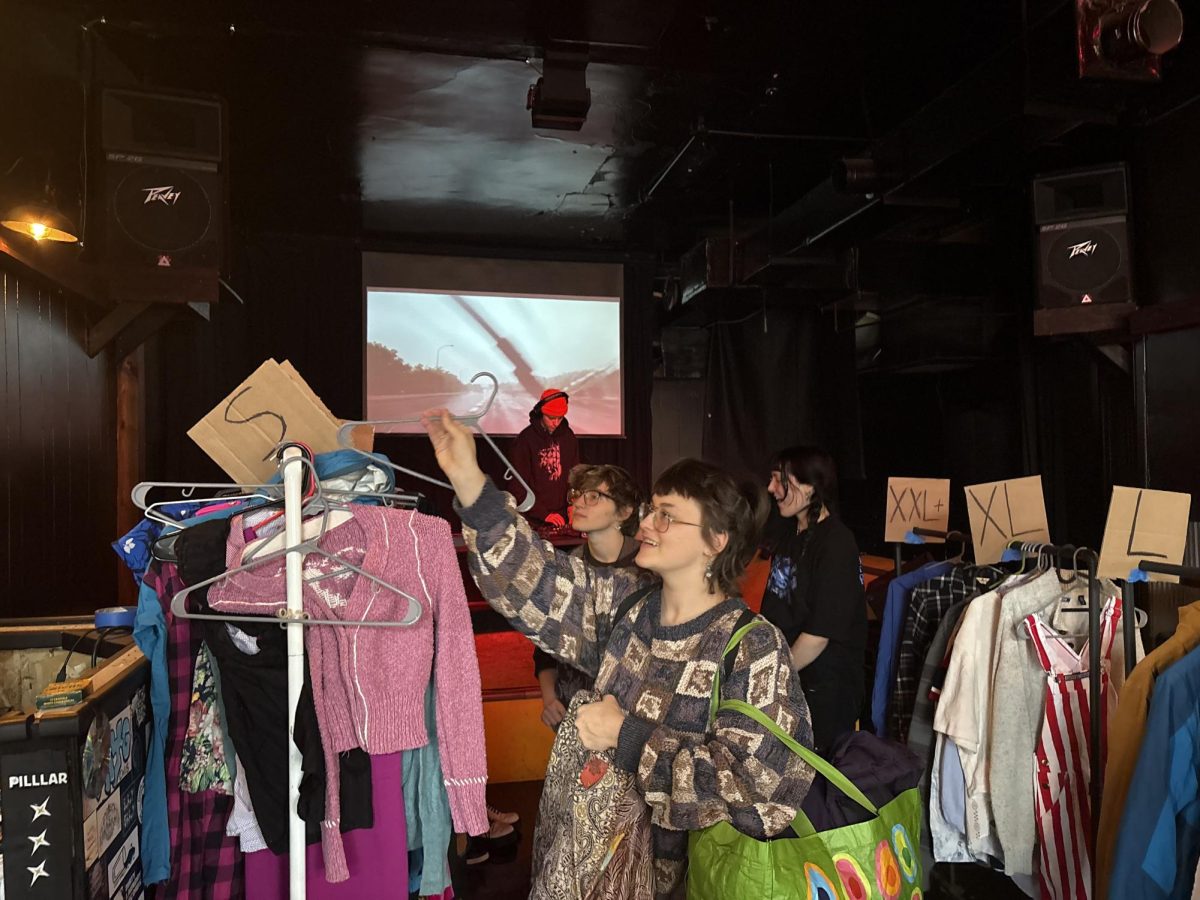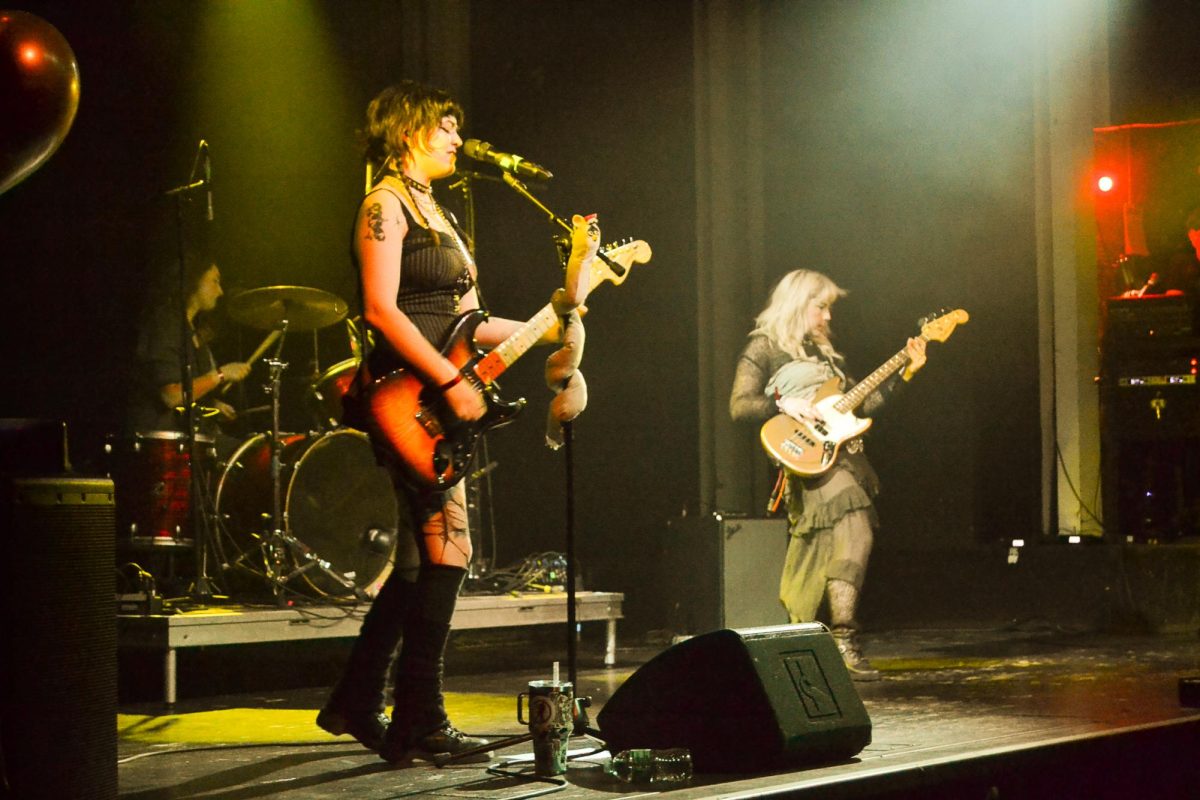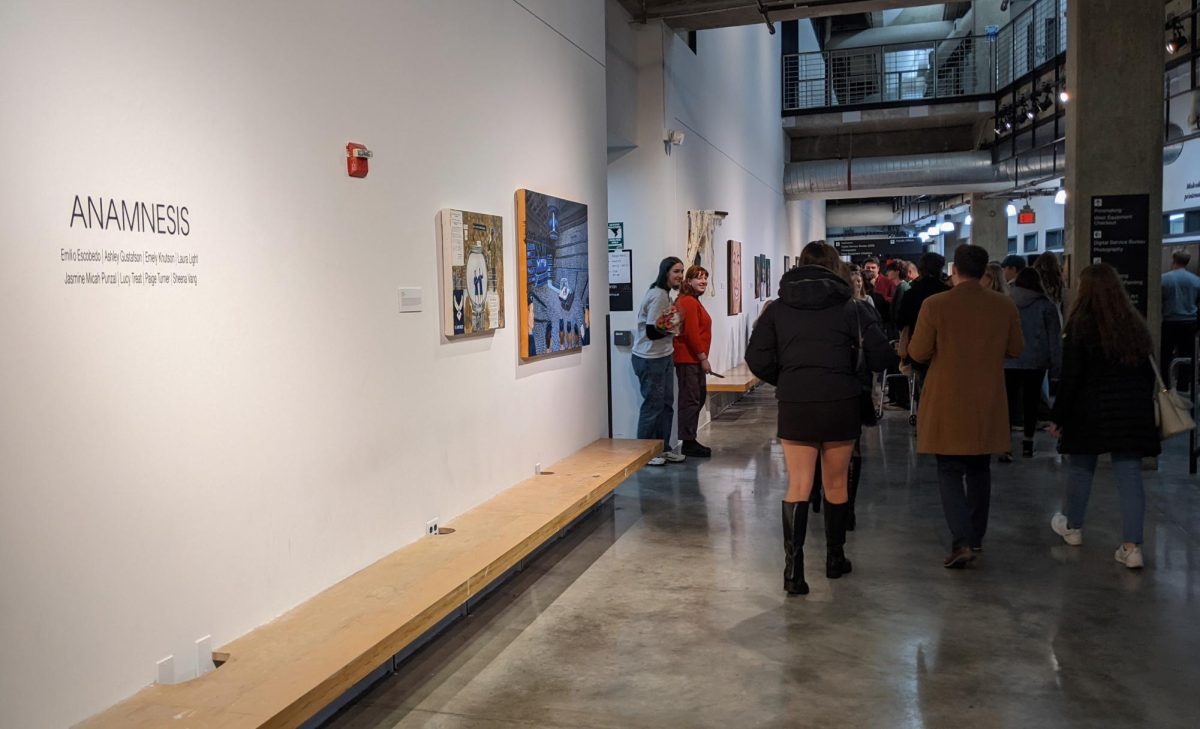The University of Minnesota’s Black Student Union (BSU), along with Student Unions & Activities (SUA), since the beginning of the month, has shown a variety of Black people-centered movies at the St. Paul Student Center theater and the Coffman Union Theater.
The first weekend of February “Judas and the Black Messiah” showed, followed by “Girls Trip” the next weekend. “Pursuit of Happiness” screened last Friday and Saturday, and “Dreamgirls” will be screening this coming Friday and Saturday.
Liya Gebremariam, the secretary for BSU, said the film screenings were done last year but not to the extent of this year’s event. Collaboration with SUA allowed for more movies to be shown at the Coffman Union Theater.
Despite not being one of the organizers for many of the Black History Month events, Gebremariam pushed to have this screening because she believes in the power of representation in the media.
“I think there’s a lot of power in the media and in films and representation of Black joy, Black people, Black experiences,” Gebremariam said. “We don’t really talk about that enough in our communities.”
BSU gave SUA a list of movies to choose from, all from different genres and focusing on different topics in order to have multiple representations of the Black experience, not just ones based around social justice.
Craig L. Rice, a Black Twin Cities filmmaker and professor at the Minneapolis College of Art and Design, said there is an importance to films that focus on the struggles of Black people, but there are more stories to share.
“I think what we [Black people] need to do is to get back to our resilience, our dedication, our creativity, our development, our artistic abilities, our literary abilities, our mythology, our religion,” Rice said.
Reggie Henderson, a Black filmmaker and founder of the multimedia company Soul Tools Media, said getting more Black people into positions that influence what movies are chosen and get invested in is a way to get more of a variety of representation in the industry.
“If only one certain sector of the community does our films then we’re always gonna be kind of stereotyped or typecast,” Henderson said.
E.G. Bailey, another Black filmmaker who owns two production companies in Minneapolis — Blackstar Studios and Freestyle Films, said he is a man who believes in creating your own.
“We [Black people] have the power to create our own and we have the power to invest into our community and invest into ourselves and not have to wait for anyone to hand us anything,” Bailey said.
Henderson mentioned actor and writer Issa Rae’s rise to fame as an example.
“She started off with a YouTube series [saying] she’s gonna do it herself. HBO seen it, made her [an] offer and now she’s able to do her own stories,” Henderson said.
Issa Rae’s YouTube channel turned into another platform for her entertainment company, Hoorae Media. The company puts all her digital media content into one place. She has contracts with companies such as HBO and Atlantic Records that pay her for access to her content, according to an article by Variety.
Rae is only one example of Black people taking charge and telling the stories they want told. Spike Lee (“Do the Right Thing”) and the late John Singleton (“Boyz n the Hood”) came up throughout interviews of big names adding well-rounded Black stories.
Gebremariam said there are still improvements that can be made within the industry to show a more well-rounded story of Black people. However, she said she has seen more depth in Black characters in recent years.
“It has improved a little bit, but I also think it is us [Black people] saying, ‘You know what, we’re not going to settle for them telling our stories,’” Henderson said.








